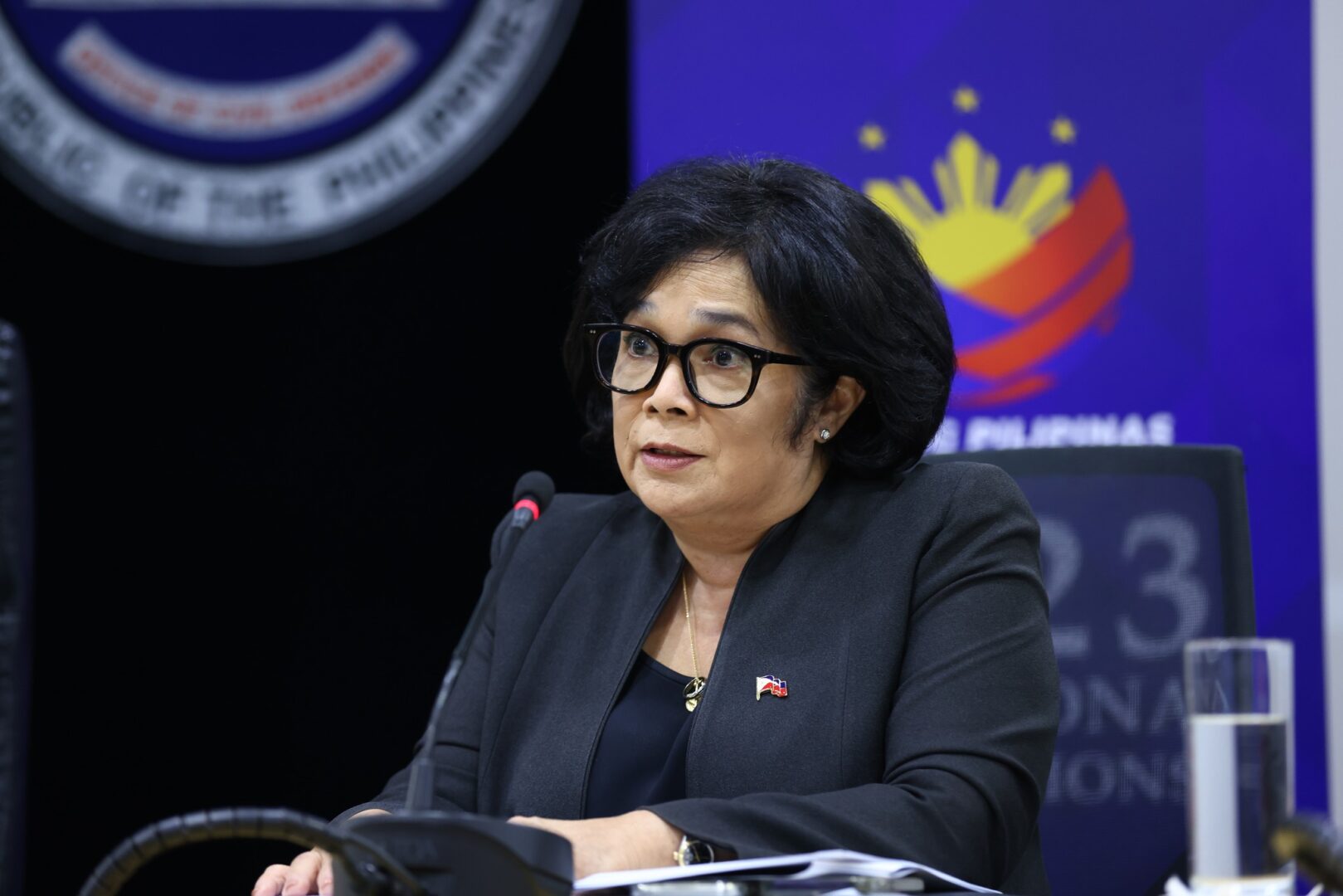“Climate change adaptation is very important to us, and any contributions by way of nature-based solutions for adaptation and for disaster risk reduction are what we’d like to build our relationship with you on.”
This is what Environment Secretary Antonia Loyzaga told the delegates from the United States-ASEAN Business Council (US-ABC) when she recently met them to discuss how both organizations can work together in the fields of climate adaptation, disaster risk reduction (DRR), and plastic pollution.
The meeting, held on July 12 in Taguig City, was a follow-through of the Memorandum of Understanding between the Department of Environment and Natural Resources (DENR) and US-ABC to strengthen collaboration on sustainability, climate change, green finance, and environmental protection.
Loyzaga said the DENR is looking at investment in prevention or ex-ante value from the private sector, particularly nature-based solutions such as forest conservation, control of river erosion, water conservation efforts, and investment in gray and green infrastructure.
“We realize that the goal of the private sector has been primarily in providing relief during disasters, which we understand is valuable but is essentially an ex-post value to the country and to the communities. We hope that the (US-ABC) can also be an advocate for adaptation and not just mitigation which are both sides of the same coin,” Loyzaga told the US-ABC delegation.
The other end of the stake, Loyzaga said, would be DRR which is ultimately what would impact the country’s trajectory toward economic and social development.
Loyzaga encouraged the private sector to look beyond compliance to environmental, social, and governance or ESG in terms of emissions reduction, renewable energy, energy efficiency, and pollution management.
She also urged them to look to adaptation and resilience-building of the communities where they work, as well as the ecosystems that they rely on.
Loyzaga likewise reminded the private sector to help “clean up whatever it is you produced and released.”
She said that one of the calls of the DENR is the need for businesses to look at investment and research towards the replacement of plastic.
“What we want to do is to look for ways to produce materials which are sustainable, which are biodegradable, which are affordable but have the same functionality as the packaging materials that we now are using because they are optimal in terms of the products that we produce. That investment in the chemistry that is needed, I think, is within your reach and so that is one of the big pushes,” she said.
Loyzaga also expressed hope the US-ABC can help the DENR bring forward the upliftment of the informal waste sector consisting of waste pickers in dumpsites and communal waste collection points.
“The sector is particularly impacted by hazardous environments because of the waste that we generate and their involvement in the solid waste management industry,” Loyzaga said. “We hope that we can share that advocacy and we look for ways to actually innovate.”
She added: “Waste picking, waste collection, waste sorting is a phenomenon not just in the Philippines, but in all countries in ASEAN. And so, we’re not the only ones who have that informal sector involved in this whole circular economy. They have been locked out of the value chain but they are part of the supply chain of the circular economy.”
Loyzaga has been pushing for the integration of the informal waste sector into the expanded producer responsibility or EPR system for plastic packaging waste to ensure that no one is left behind as the country transitions toward a circular economy.
US-ABC is the premier advocacy organization for American corporations operating within the Southeast Asian region. Worldwide, the Council’s membership of nearly 170 companies generates almost US$7 trillion in revenue and employs more than 14.5 million people.
